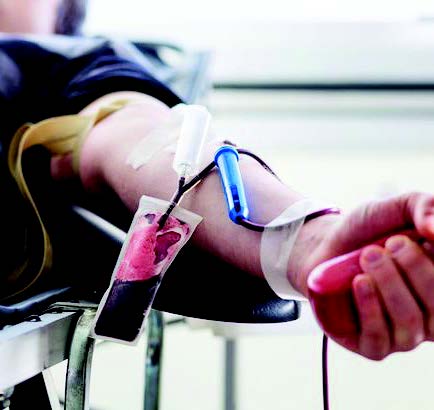
Using the freshest blood for transfusion may not necessarily improve patients survival rates, Canadian researchers have found.
The large international study has finally put an end to the contentious issue about whether stored blood could be harmful and fresher blood would be better and showed that the freshest blood did not reduce the proportion of patients who died in hospital, the researchers said.
“Our study provides strong evidence that transfusion of fresh blood does not improve patient outcomes, and this should reassure clinicians that fresher is not better,” said lead author Nancy Heddle, Professor at McMaster University in Ontario, Canada.
The results may also be a good news for blood suppliers worldwide as having a supply of stored blood helps to ensure that blood is available when a patient needs it, she added.
For the study, the team analysed 31,497 adult patients at hospitals in Australia, Canada, Israel and the US.
The findings showed that mortality rate was 9.1 per cent with people receiving the freshest blood, and 8.7 per cent among those receiving the oldest blood.
“Advances in blood storage now allow blood to be stored up to 42 days before transfusion and the usual practice is to use up the blood that has been in storage the longest. But, because there are biochemical, structural and functional changes in the blood during storage, there had been concerns about the use of ‘older’ blood,” explained John Eikelboom, Professor at McMaster University.





Be the first to comment